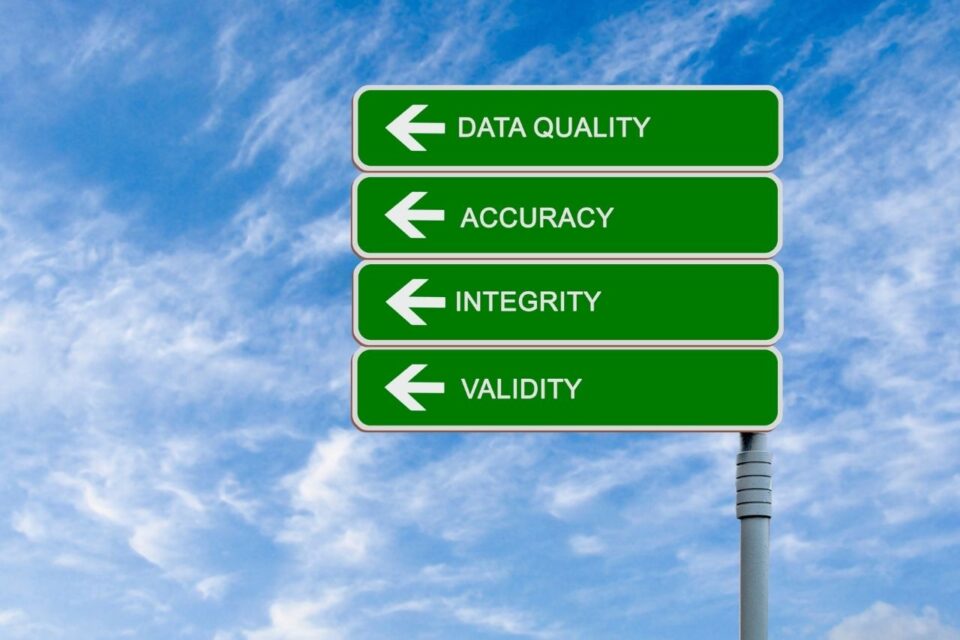
4 Key Ways to Improve Healthcare Revenue Cycle Management
September 1, 2018
Revenue Cycle Management Integration Boosts the Bottom Line
September 30, 20184 reasons why the first steps in MIPS/MACRA compliance and value-based care, in general lies within your RCM
MACRA reporting process has received polarized remarks. Either it has been wholeheartedly accepted or treated with skepticism. After all, most tend to consider any administrative function as a burden. This is why some organizations merely wish to find the quickest way to be compliant. For those of you who want it easy, reporting can’t get easier than Revenue Cycle Management.
MACRA compliance is an important part of RCM. It also plays a huge role in delivering value-based care. Here are some of the reasons why.
The effect on the bottom line
MACRA is known to be at the center of restructuring how revenues are received by healthcare companies via Medicare. In order to work with RCM, you will need to know where the money you are reporting is coming from. This is where MACRA comes in. All payment adjustments made due to MIPS or MACRA are reflected in the reimbursements of Medicare.
Easy to miss
It is very easy to ignore the various RCM processes. After all, we live at a time where we are surrounded by technology. With the different tools and solutions, it is easy to experience information overload.
Add this to the fact that healthcare professionals are least concerned about the administrative aspects when there are lives to be saved. This poses a huge problem when MACRA is in the mix. This is because non-compliance with MACRA is very easy to miss because they are not urgent.
So, if you choose to not report in 2018, you won’t visually see any negative adjustments till two years. However, when you do notice their existence, it will be too late. The penalties won’t get reversed and you will end up losing money.
Claims and Quality Data
You would think that EHR is a great place to get quality data. But, this is not the case. This is because EHR does not provide you with all the tracked information. Where then do you find the data you need?
This information is present in the claims made to Medicare. Therefore, while you would think that quality reporting and RCM are two different aspects, they are more entwined than you could imagine. You can learn about the process of reporting through the claims made under RCM.
An efficient way
Gone are the days when the number of patients you treat were an indicator of success. Now, efficiency is most important. Rather than adopting new technologies, RCM and MACRA combined allow you to use your current resources in an efficient and optimal way.
While you might think that being compliant means investing money, this is not the case. All you need to do is use RCM efficiently. Bill your claims to Medicare and you will have patients that are eligible. When you access this information, you will be building the foundation for MIPS reporting.
Conclusion
Embrace the MIPS and MACRA compliance and reporting process. Use your RCM to aid you in doing so.
Learn how our software is saving other organizations $$MILLIONS!
If you are interested in a free demo of our AllPayor® Software, please go HERE or you can register for a FREE webinar HERE





